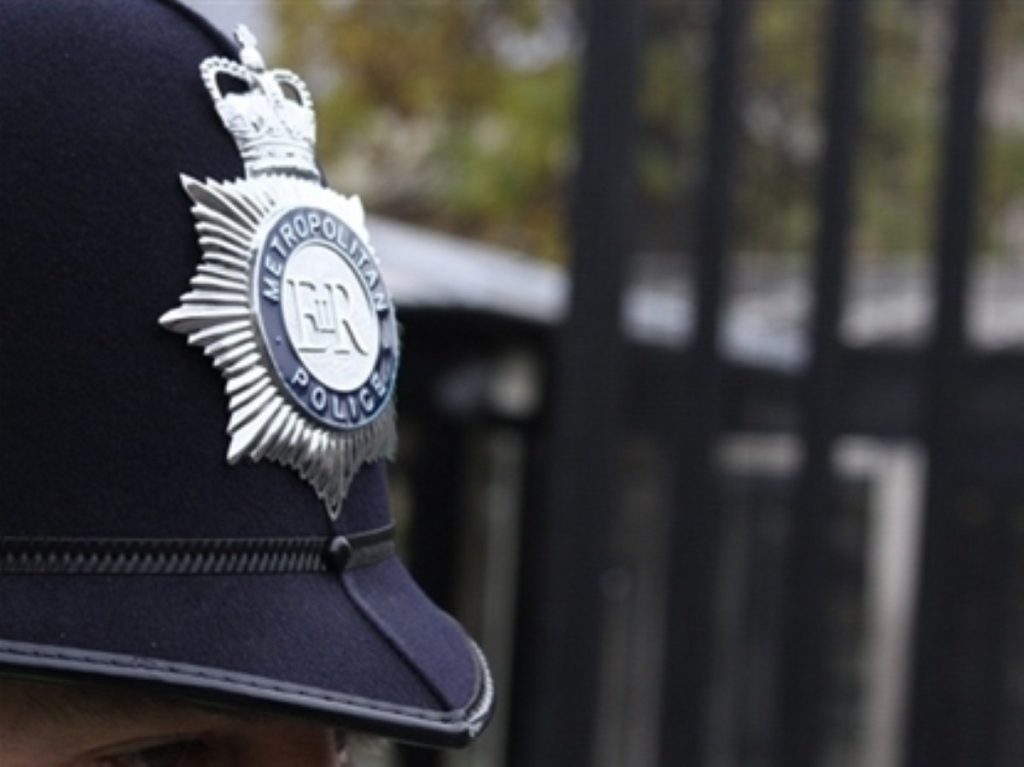New restrictions to stop-and-search
By Ian Dunt
Civil liberties campaigners claimed a major victory today after the home secretary announced new restrictions on the use of stop-and-search by police.
The powers, which have been branded illegal by the European court of human rights (ECHR), allowed police to search members of the public without suspicion they had committed an offence under Section 44 of the Terrorism Act 2000.
“The first duty of government is to protect the public but that duty must never be used as a reason to ride roughshod over our civil liberties,” Theresa May said.


A review of terrorism powers is currently being undertaken by the government, but in the meantime Mr May said that police could only use the powers if they “reasonably suspect” them of terrorism.
The powers would remain unchanged for use on vehicles, however.
The ECHR heard the case after a couple were stopped, searched and prevented from attending a protest against an arms fair in east London.
“The government cannot appeal this judgement, although we would not have done so had we been able,” Ms May added.
“We have always been clear in our concerns about these powers and they will be included as part of our review of counter-terrorism legislation.”
Campaigners say the law increased community tension and violated British civil liberties as well as the public’s privacy.
Shami Chakrabarti, director of Liberty, welcomed the decision.
“Liberty welcomes the end of the infamous Section 44 stop and search power that criminalised and alienated more people than it ever protected. We argued against it for ten years and spent the last seven challenging it all the way to the court of human rights,” she said.
“It is a blanket and secretive power that has been used against school kids, journalists, peace protesters and a disproportionate number of young black men. To our knowledge, it has never helped catch a single terrorist. This is a very important day for personal privacy, protest rights and race equality in Britain.”
Shadow home secretary Alan Johnson opposed the change, saying it would make the task of the police harder.









